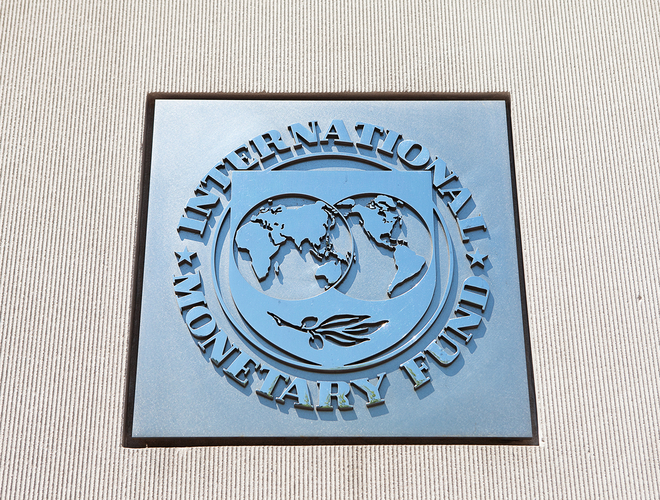The IMF has released its second semi-annual Global Financial Stability Report 1(October 2016 GFSR), addressing the risks to financial stability.
IMF concerns
While IMF sees "medium-term" dangers in both emerging and developed economies, expressing particular concerns about Europe, Japan and China (the latter especially due to expanding shadow banking), short-term risks have abated since its previous assessment of global financial stability in April.
No specific issues addressed to cooperative banks
In the report there is no specific address to our Members. Cooperative banks are mentioned only in the context of the ongoing reforms to the cooperative sector under way in Italy with the aim to improve access to capital markets and efficiency, while strengthening the governance of cooperative lenders and their credit assessment standards. The IMF notes that while these efforts are welcome, further structural measures are called for to support bank sustainability (see pag. 19).
Banks’ profitability as key risk factor
The report indicates in profitability a key factor for growing risk. Weak profitability could erode banks’ buffers over time and undermine their ability to support growth. This report finds that a cyclical recovery will not resolve the problem of low profitability. Over 25% of banks in advanced economies (about $11.7 trillion in assets) would remain weak and face significant structural challenges. More deep-rooted reforms and systemic management are needed, especially for European banks. Japanese banks also face significant business model challenges and in particular to risk in terms of access to the foreign currency funding needed to maintain foreign business. Some banks in the eurozone have a burden of problem loans, which are not being repaid and that they have still not dealt with.
However, the report also notes that banks are in some respects stronger than they were before the financial crisis. They have more capital and their liquidity has improved.
On the other hand there are warnings about pension funds and insurance companies, whose position is undermined by persistent low interest rates.
IMF risk outlook
The IMF believes that in order to address the medium term risks there is a need for generating a stronger economic recovery, including reforms to underpin growth, and calls for more specific financial steps, such as making it easier for banks to tackle problem loans and to tackle high costs.
Author : Marco MANCINO, Senior Adviser Legal department
1. The Global Financial Stability Report (GFSR) is a survey by the IMF staff published twice a year, in spring and fall. The report draws out the financial ramifications of economic issues high-lighted in the IMF’s World Economic Outlook (WEO). The report was prepared by IMF staff and has benefited from comments and suggestions from Executive Directors following their discussion of the report on September 23, 2016. The views expressed in this publication are those of the IMF staff and do not necessarily represent the views of the IMF’s Executive Directors or their national authorities.



